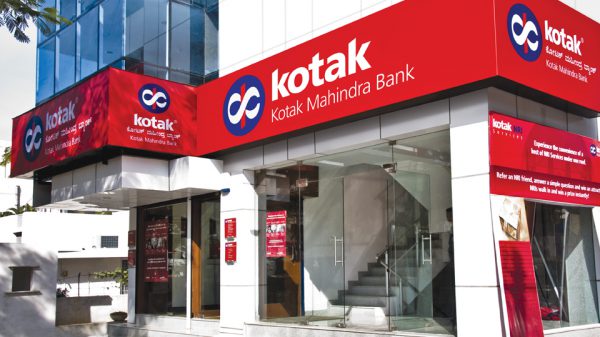Paytm has begun clubbing the limit for its postpaid product along with the wallet balance, resulting in the display of an inflated balance, The Ken reported on June 6. The feature is designed in a way that even if the wallet balance runs out, the remaining amount is covered by the available postpaid balance. Why it matters: Post-paid or buy-now-pay-later (BNPL) products are essentially loans. If you do not pay these back in time, not only will Paytm continue to charge interest on the amount to be repaid but chances are that your credit score might be affected. Some Paytm users have taken to Twitter to point out the problems that they have faced since the fintech giant rolled out this new measure. Complaints about the roll out: "My dad had no idea when he used Paytm Postpaid. The only guess I can make here is that one of the payments he thought he was making via wallet/UPI was slyly slipped into postpaid. And due to this "dark pattern" by Paytm, he got 10+ loan repayment calls from Aditya Birla," tweeted Venkat Raju, a business communications expert based out of Delhi. Raju traced the transactions on his father's bank account to find out that the "loan" that Aditya Birla was pursuing his father for is, in fact, his Paytm post-paid dues. [embed]https://twitter.com/vivekraju93/status/1533697606810906624[/embed] [embed]https://twitter.com/NCResq/status/1533645400183230464[/embed] What is a dark pattern: Dark Patterns are deceptive user interface interactions, designed to mislead or trick users to make them do something they don’t want to…





























